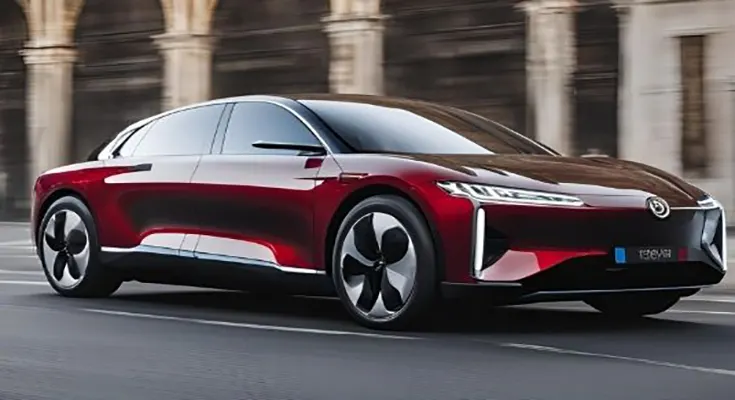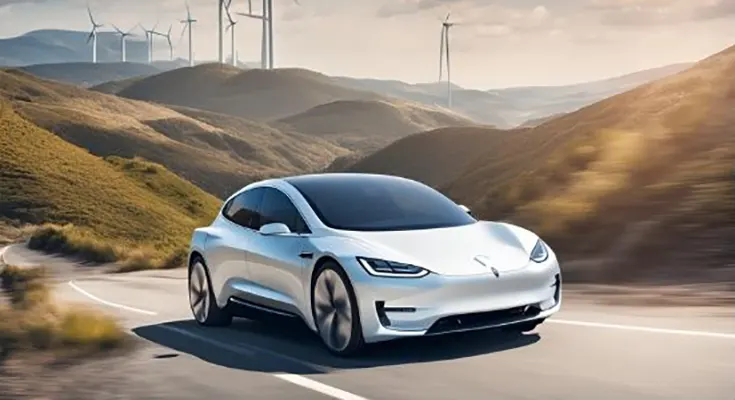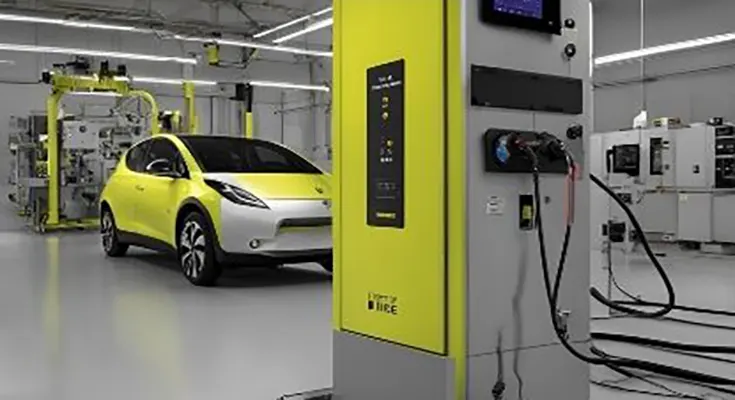
Benefits of Electric Bikes for Eco-Friendly and Cost-Effective Transportation
Electric bikes, also known as e-bikes, have gained popularity as a sustainable and economical mode of transportation in urban areas and beyond. With their eco-friendly nature and cost-effective operation, electric bikes offer a range of benefits for commuters, recreational riders, and environmentally conscious individuals. In this article, we will explore the advantages of electric bikes as a sustainable and affordable transportation solution.
1. Eco-Friendly Operation
One of the key benefits of electric bikes is their eco-friendly operation. E-bikes utilize electric motors powered by rechargeable batteries, significantly reducing the reliance on fossil fuels and minimizing carbon emissions compared to traditional gas-powered vehicles. By choosing electric bikes over cars or motorcycles, riders can contribute to a cleaner and healthier environment by reducing air and noise pollution.
2. Energy Efficiency
Electric bikes are inherently energy-efficient, as they require less energy to operate compared to conventional vehicles. The electric motor assists riders in pedaling, …
Benefits of Electric Bikes for Eco-Friendly and Cost-Effective Transportation Read More




